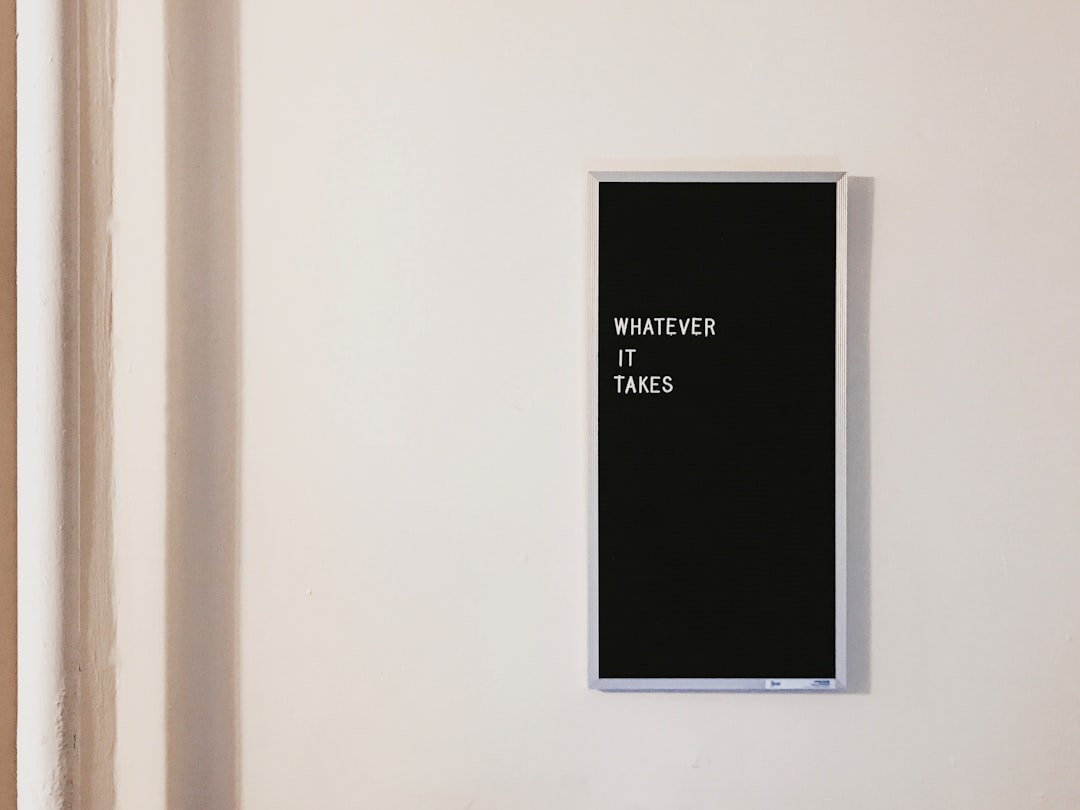Be Relentlessly Helpful
Be obsessed with being helpful to your users and customers

“The differentiating factor won’t be the technology behind your product - it will be the service and support you provide”
This was advice that the CTO at my previous company gave me when I told him about my new online side business, Vocalmatic. It has stuck with me ever since.
As developers, it’s really easy for us to get caught up in obsessing over which tech stack to use. Sometimes we forget that we’re building a product for our users that don’t really care about which framework you used. All they are looking for is a solution to whatever problem they have!
Instead, what you should obsess over is how you can help your users and customers succeed in their goals.
Be a Community to your Users
Let's say your favourite programming language is Python.
What you'll find is a community of people out there that enjoy using Python and are willing to help others with troubles they run into. The community ultimately serves as a help and support group for you, a user of the Python programming language.
As an indie hacker / small business owner, I believe you should become a community for your users. You should be putting in the work to help your users succeed when using your product, regardless of the size of your team.
This is especially important in the early stages as it helps you understand and refine your solution to the problems your users are facing.
I call this being Relentlessly Helpful
What does it mean to be Relentlessly Helpful?
It means to be as helpful as you can to reach the desired outcome for the benefits of your users.
The underlying mission of Vocalmatic is to help people save time transcribing their audio files. With this in mind, my end goal is to help users get to that point - getting from audio to text in less time than it would to do so manually. Sometimes, this might mean going the extra step and recommending a competing product that could potentially serve your users solve their problem.
This was something I experienced and would love to share this story
A short story
In the first month or so of launching Vocalmatic, someone messaged me asking about features of the website. Just a few typical questions related to the website such as what are the supported filetypes and how it works overall.
After some back and forth, they wanted to try out the product, but their audio was longer than the free trial (30 minutes free) by around 5 minutes.
I offered to add an extra 30 minutes of auto-transcription on their account and walked them through how to use the website. After successfully uploading the audio recording, we waited for the transcription to come back.
Then, the bad news.
They messaged me saying auto-transcription did not really pick up what was said on the audio file and that it wasn’t very accurate.
Of course, hearing this sucked. Vocalmatic wasn't able to provide the solution to their problems at it's current stage. However, with that in mind, I decided to try something new:
Recommend a few competitors
I decided to venture off into this space - automated transcription - because other companies were tackling the same problem. It was also clear that these other companies are already steps ahead of Vocalmatic and could probably help them out.
So, curious to see what their reaction might be, I let the user know of a few other competitors.
As it turns out, they really appreciated this gesture and told me they would check up on my product in the future as it improves. Small win, if you ask me!
Although this interaction didn't lead to a sale, I tried staying true to helping someone out, even if it meant pointing them in a different direction other than your own.
Takeaways
By talking to your users and helping them throughout their journey using your product, you'll learn a lot about their pain points and the shortcomings of your solution. With this information, you'll be equipped with the data needed to bring your solution to the next iteration.
As well, by putting the interest of the user first, I think you'd be making a lasting impression on them for the future.
Think back to the time you had a great customer experience. Didn't you feel great leaving the store or website? Didn't you feel like someone actually cared about what you needed and wasn't only focused on making sale?
I have and either let someone know about it or came back to actually purchase something from that store!